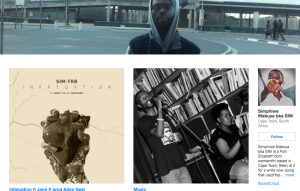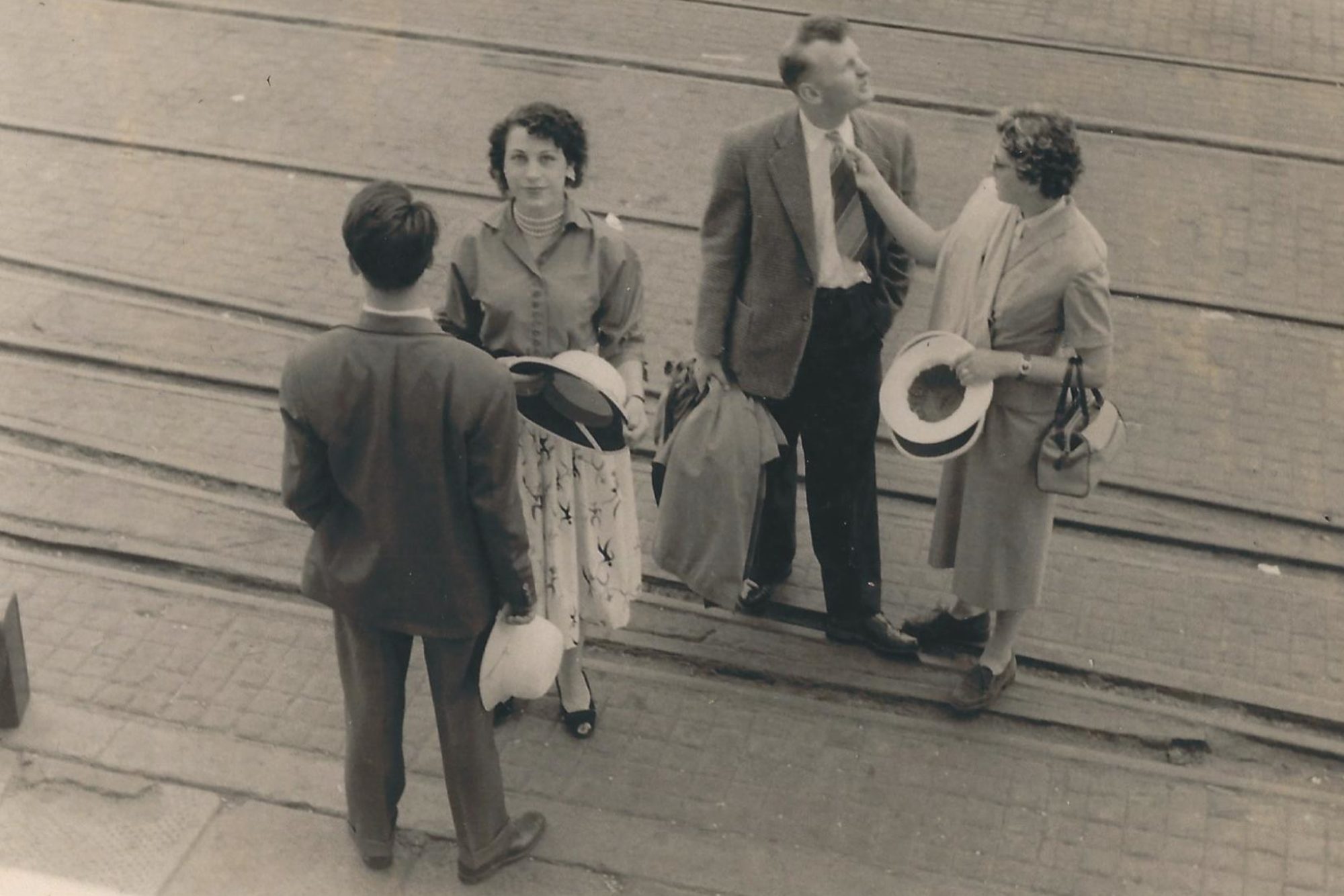pour les Flamands, le meme chose pour l’instant!
Walls part 2: Forced removals and displacement

Cape Town is colonial and segregated by design. The huge structural inequality between rich and poor is spatially demarcated. A largely white population live in the city centre and up onto the slopes of the mountains, separated form other areas by strips of green nature reserves, botanical gardens or Mountains. (Photo is area where District Six was after being erased from the map and all residents forcibly removed to the Cape Flats). There are pockets of mixed middle income homes with families and UCT students from all over the country. The vast majority of people racialised as black and so called ‘coloured’ people live out in the sticks with a lack of basic services and access to medical care. However, despite self-organised community initiatives being vulnerable and up against tremendous odds, they are many, they are strong and networked through tireless NGO’s such as Slum Dwellers International (SDI). SDI works with the women in a community, setting up collective local savings schemes and helping them to map their own informal settlements and feed the information to policy and research organisations, campaigning for example fo decent sanitation for all dwellings. Social justice in South Africa is an active term. It is a daily struggle.
I interviewed a woman who grew up in the western Cape. She describes it as the one time bread basket of South Africa, with fruit and cattle and rich and plentiful farms. It is now one of the most destitute in South Africa, with high unemployment and poverty levels. Many people living in poor urban areas have either been removed form their rural homestead generations ago by colonial settlers or white farmers, or are bulldozed out of cosmopolitan urban neighbourhoods like District Six or Sophiatown, when they were reclassified ‘White’ areas under apartheid. Others leave looking for work.
 In Cape Town, I interview a musician and performer: Simphiwe Mabuya, Stage name SIM-TRB. He writes beautiful rhymes in isiXhosa and English mixed up on a Jazz-Hop beat.* He tells me about the street committees where he grew up in the 80’s and 90’s in a coastal city in the Western Cape. During this period most families live in one room ‘matchbox’ houses. If a family has more children, or more needs, the street committee decides they can move to one of the bigger houses with two rooms. Each according to their needs, The committee tries to make sure everyone is living as comfortably as is possible within the space and means of the community of that street. Everyone looks out for everyone. All these committees are interconnected in a network with representatives informally affiliated. He explains this works in a small scale urban context at that time much as it would in a rural context with extended families living together on a homestead, sharing land, food and labour on a farm. Young people are brought up to respect their elders and keep out of the way when the elders are discussing important things. He talks about his grandmothers as home, as the place where his roots are.
In Cape Town, I interview a musician and performer: Simphiwe Mabuya, Stage name SIM-TRB. He writes beautiful rhymes in isiXhosa and English mixed up on a Jazz-Hop beat.* He tells me about the street committees where he grew up in the 80’s and 90’s in a coastal city in the Western Cape. During this period most families live in one room ‘matchbox’ houses. If a family has more children, or more needs, the street committee decides they can move to one of the bigger houses with two rooms. Each according to their needs, The committee tries to make sure everyone is living as comfortably as is possible within the space and means of the community of that street. Everyone looks out for everyone. All these committees are interconnected in a network with representatives informally affiliated. He explains this works in a small scale urban context at that time much as it would in a rural context with extended families living together on a homestead, sharing land, food and labour on a farm. Young people are brought up to respect their elders and keep out of the way when the elders are discussing important things. He talks about his grandmothers as home, as the place where his roots are.
 Forced removals and displacement is a huge trauma for generations of people in South Africa. Peoples houses are bulldozed with family members still in them. Walls that contain love, community and history are destroyed to make way for a new ‘White’ area. Black people are moved kilometres out of town onto barren land or floodplains. They lose their livestock and self supporting gardens. These small-scale community networks often do not survive these forced displacements. They are not always easy to sustain when communities are forced apart, when people lose their connection to each other and themselves.
Forced removals and displacement is a huge trauma for generations of people in South Africa. Peoples houses are bulldozed with family members still in them. Walls that contain love, community and history are destroyed to make way for a new ‘White’ area. Black people are moved kilometres out of town onto barren land or floodplains. They lose their livestock and self supporting gardens. These small-scale community networks often do not survive these forced displacements. They are not always easy to sustain when communities are forced apart, when people lose their connection to each other and themselves.
And still people rise, continue to build lives, hope, create, protest and survive!
And still people rise, continue to build lives, hope, create, protest and survive!
And still people rise, continue to build lives, hope, create, protest and survive!
*Listen to Simphiwe’s music and feel his poetry soar on Bandcamp or on the hip hop publication SlikourOnLife.

